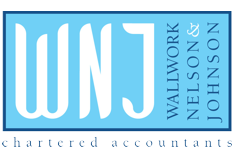More support needed for the self-employed
BETTER access to mortgages, banning “harsh” personal guarantees, and ensuring entrepreneurs can have a comfortable retirement will encourage more people to launch small businesses.
Those were just some of the findings of new research carried out by the Federation of Small Businesses (FSB).
It found that a quarter of entrepreneurs say that being self-employed has made it more difficult for them to get a mortgage, while those who do succeed in securing one are often faced with higher rates and less favourable terms.
On top of that, 16 per cent say savings or capital they would otherwise use to expand their business is being used to pay their mortgage.
Entrepreneurs are also relying on various finance options to grow or stay afloat, including bank overdrafts (17 per cent), credit cards (16 per cent), and financial support from family and friends (nine per cent).
The report also highlights that the excessive use of personal guarantees, which make borrowers personally liable for business loans, are stifling growth, with some lenders requiring them for relatively small amounts, dampening entrepreneurs’ willingness to take risks.
FSB says it has raised this issue with the Financial Conduct Authority (FCA) and is calling on the Treasury to regulate personal guarantees.
With access to finance so constrained, saving for a pension is at the back of the queue for many entrepreneurs, with 37 per cent saying that they do not contribute to a pension.
That is mainly due to cash flow constraints, a reason cited by 32 per cent of those who said they hadn’t contributed to a pension scheme in the previous year,
FSB is calling on the FCA to enforce standardised documentation requirements across lenders to simplify the mortgage application process for the self-employed.
It says a standardised approach across lenders would help the self-employed be better prepared when it comes to what information they will be required to provide to a lender.
Lenders could also be encouraged to consider offering lower mortgage rates to self-employed people who have taken out income protection insurance.
It also wants to see personal guarantees included within scope of the FCA’s Consumer Duty, in order to deter the over-use of personal guarantees by lenders.
In a statement the FSB said: “Personal guarantees have a legitimate role in lending to businesses, but their over-use can have a chilling effect on the economy, causing limited company directors to put personal assets such as their homes on the line when taking on a loan.”
The organisation is also calling for Entrepreneurs’ Relief (now called Business Asset Disposal Relief) to be maintained at 14 per cent in the long run.
It is currently due to increase from 10 per cent to 14 per cent in April this year and then to 18 per cent in April 2026.
Many self-employed business owners struggle to make regular pension savings, so this relief is often key to funding their retirements, as well as encouraging investment in small businesses.
Tina McKenzie, FSB’s policy chair, said: “People who decide to take a leap into the unknown by embracing entrepreneurship are taking on many risks – not least that of no longer being able to rely on a secure income.
“Income volatility adds additional barriers to accessing finance products, such as mortgages and external finance for their business, and makes saving for a pension harder.
“The impact of this should be minimised to encourage more people to take the leap without worrying that they will be locked out of common financial milestones as a result.
“The dream of owning your own home is firmly entrenched in our national culture, while we all aspire to a comfortable retirement – but these things should not be a privilege reserved for those in conventional employment.”
She added: “By solving the finance conundrum too many entrepreneurs find themselves in, we can help to unlock the growth we need to get the economy on track.”
• To discuss any issues raised in this article please contact me on 01772 430000




